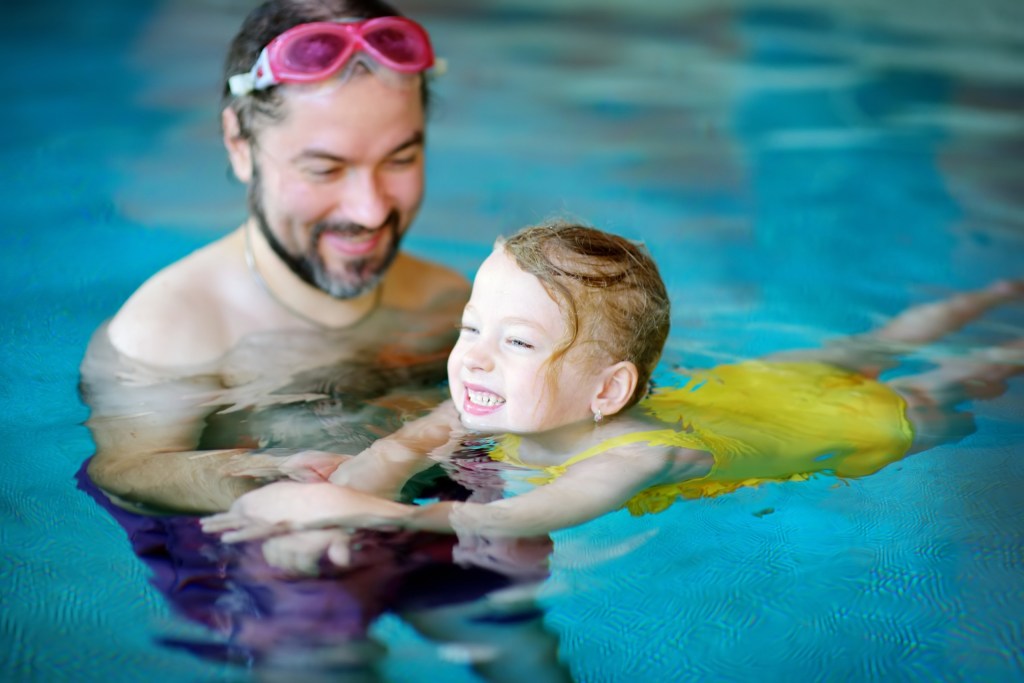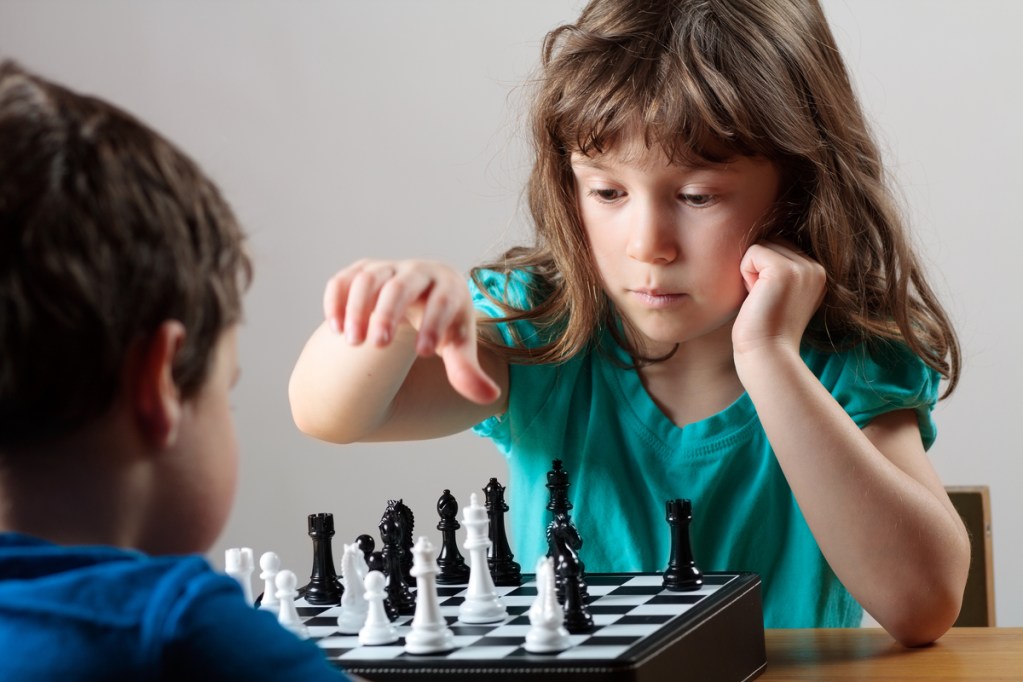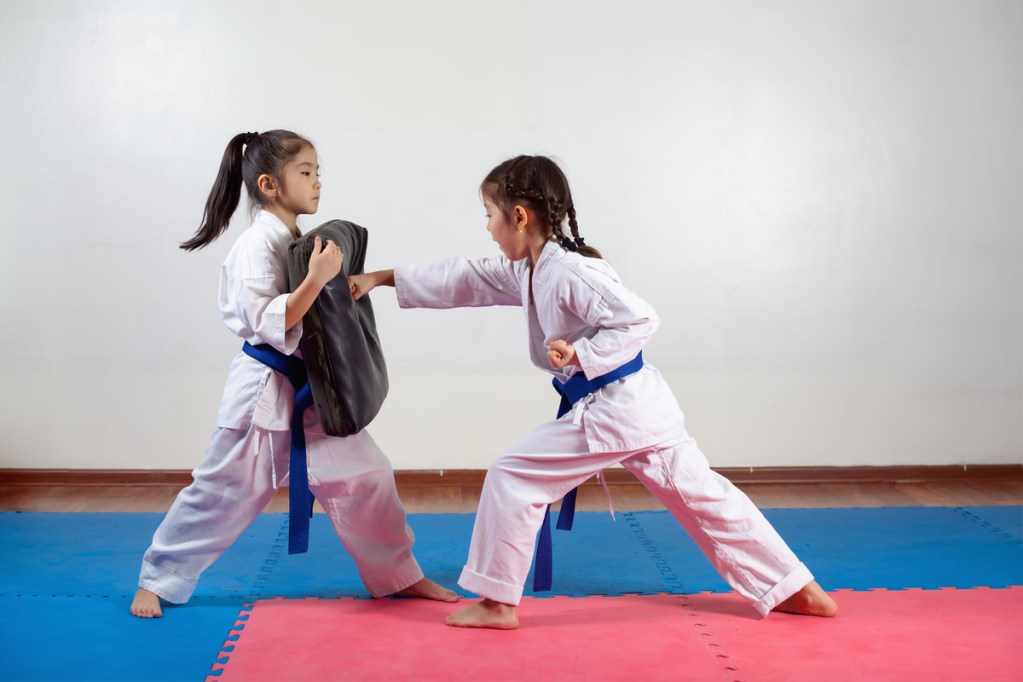Unless you’re LeBron James or Lionel Messi, there’s no guarantee that your kid is going to be athletic. And even then, there’s a chance the next generation will either lack the coordination or interest (or both) to compete on the court or field. But that’s not the point when it comes to youth sports, is it?
We sign our kids up for soccer camps and basketball not to jumpstart their pro careers but to offer experiential learning and physical activity. Kids’ sports can teach all kinds of great lessons, from teamwork and resilience to strategy and sportsmanship. But what is a parent to do when the kiddos are genuinely nonathletic? Find the right sport, of course.
The spectrum of kids’ sports is surprisingly vast and includes a number of great options that are far more accessible. Unlike, say, basketball, these sports rely a bit less on physical ability and more on interest and curiosity. Best of all, many of them involve more hands-on coaching as part of the process, allowing little participants to continue learning.
By all means, try to introduce your kids to sports like soccer, hockey, and tennis. Simply trying a new sport is a healthy exercise and exposes kiddos to new things. If your kids want a little taste of competition without the heightened athletic details that can come with the territory, we have some fine options.

Hiking
Yes, hiking is a sport. It may not have the specialized equipment and drama of a fellow outdoor sport like skiing (nor the costs), but it’s an excellent introduction to the wonder of Mother Nature. They can hike at different pace levels, from a slow walk to a healthy jog, and can incorporate educational tie-ins like camping and cartography.
There are clever ways to make it more competitive, too, like creating races, scavenger hunts, or impromptu games, such as capture the flag while on the trail. Taking in some wildlife? Make it a game and see who can spot the most bird species.

Swimming
Swimming is a nice option for a variety of reasons. For starters, it tends to come with built-in education, involving lessons early and often. It’s low impact and most kids are capable, regardless of their size or athletic ability. Perhaps best, it teaches little ones to be comfortable in the water and to respect its power, a lesson that never grows old.
The sport of swimming can lead to more niche water sports like diving, surfing, water polo, distance swimming, and more, but it can also just stay as a recreational sport if that’s most comfortable. And with indoor pools, there’s never an offseason for swimming.
Chess
A true brain sport, chess involves sitting at a table. That means the least athletic kiddos out there can excel at this particular mind game. There’s lots of cool contextual culture to get them interested, like great movies and international scandal, and it requires little more than a board and plenty of practice. It’s also a little like learning a second language in that starting on the early side has its advantages.
Biking
Most kids like to bike and the hobby can be taken to sporting levels with a little more time and effort. As with hiking, encourage new routes and perhaps even new terrain if they have the right kind of bike. Introduce your kids to the spectacle of pro cycling, even if just to show them the cool scenery and open-air joy that tend to come with it (plus, it’s an excuse for you to cue up some Tour de France footage).
Get them pumped on things like the peloton (the pack of riders, not the stationary bike) and polka-dot jerseys to pad the interest levels. As kids grow older and more comfortable on the saddle, the competitive ante can be upped, whether it be organized races or personal bests on familiar routes.
Karate
Like swimming, karate tends to take advantage of intimate instruction. Karate’s tiered belt system means kids can progress along as they wish, gauging interest and ability as they go along. Most kiddos are sold on the idea of fighting, but the real takeaway here, of course, is the exercise, discipline, self-defense, and art involved. Plus, children love an opportunity to don a great costume and engage in some pretty loud call and response with a teacher.
Bouldering
Rock climbing gets harder as you approach adulthood, as the added weight and decrease in flexibility hamper things. Most kids like to scamper around, making bouldering a great option. They’ll learn about finger and toe strength, love the color-coded routes most gyms offer, and not be afraid of failure, as it usually just involves a short drop onto a padded floor.

Fishing
Of the many sports out there, fishing may be the most meditative and therapeutic. As your kid will quickly learn, it’s not about the catching. Instead, it’s about the connection to nature, reading the water, being active outside, and fine-tuning their technique. They can make it more competitive by way of fish tallies or fly-tying lessons, and because it mostly involves waiting, kids of various ability levels can take it on. The best part? Your kid may even learn the value of patience (maybe).






